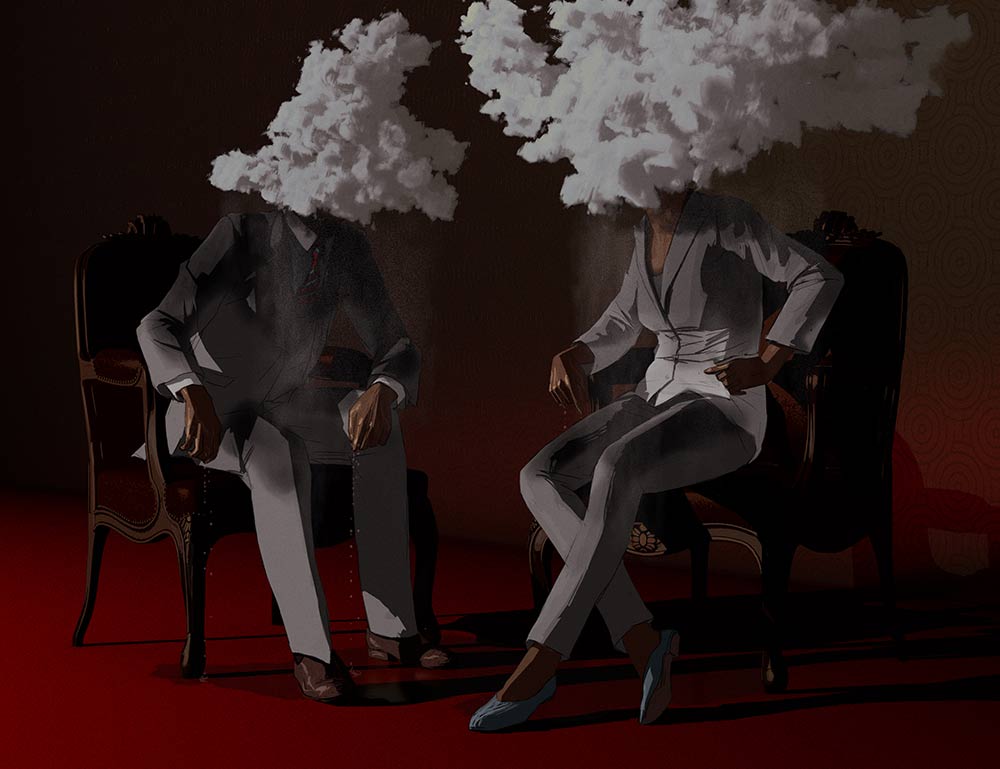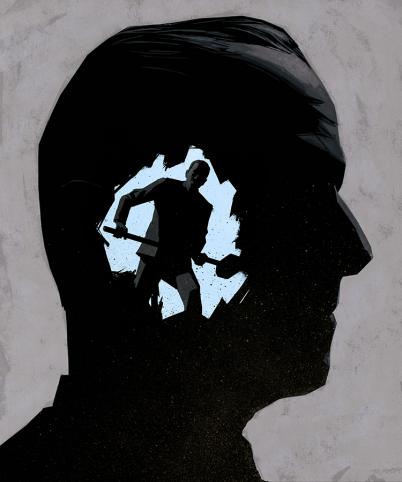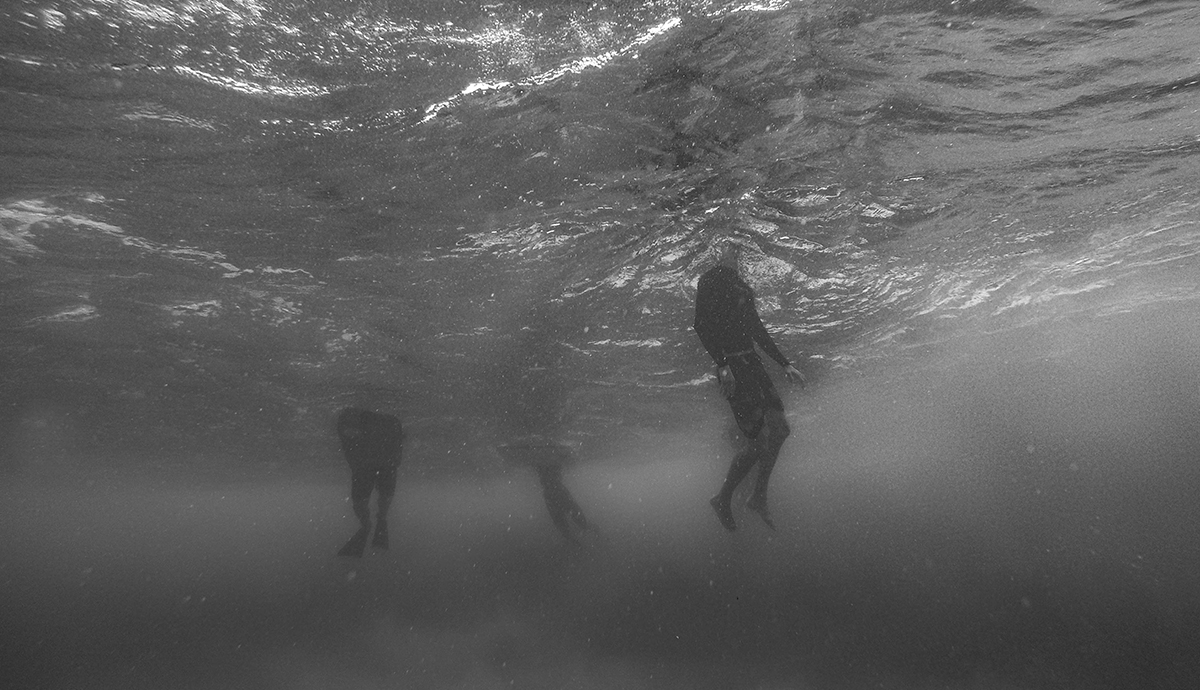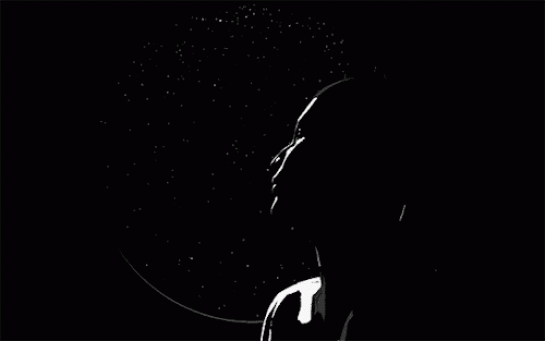Should White Poets Write About Race?

Reginald Dwayne Betts wrote in a recent issue of Poetry magazine “Don’t write about being white,” a quote the editors thought important enough to reprint on the back cover of the magazine. Certainly Betts and the editors wanted to raise a few eyebrows, and certainly a careful reader will relate the statement to a quote elsewhere in the essay: “I am not sure it is possible for a Negro to write well without making us aware he is a Negro; on the other hand, if being a Negro is the only subject, the writing is not important.” The comment, which Betts attributes to an unnamed “reviewer,” happens to belong to Louis Simpson discussing Gwendolyn Brooks’s Selected Poems in 1963, and it highlights the dilemma at the core of the American experience where whiteness is taken as the given and anything questioning (or even calling attention to) the centrality of white experience is marginalized and disparaged. But the essay, and the response it elicited from some white readers, raises a good question. Should white poets write about race?
I am certain that  any white poets who are sensitive to the subjects of racism and injustice are wary of the potential to inflict harm. Many of us fear that because we are not fully aware of what it means to move through this world in non-white skin our words might, no matter how good our intentions, cause others pain. Hasn’t racism as an ideology and an institution done enough damage without white poets putting their foot in the hornet’s nest? This fear is closely connected with another reason I believe white poets shy away from the topic of race: the sense that we are not really the experts here. What white people do know about race is often enough to assure us of just how little we don’t know about the impact it has on the lives of people of color.
any white poets who are sensitive to the subjects of racism and injustice are wary of the potential to inflict harm. Many of us fear that because we are not fully aware of what it means to move through this world in non-white skin our words might, no matter how good our intentions, cause others pain. Hasn’t racism as an ideology and an institution done enough damage without white poets putting their foot in the hornet’s nest? This fear is closely connected with another reason I believe white poets shy away from the topic of race: the sense that we are not really the experts here. What white people do know about race is often enough to assure us of just how little we don’t know about the impact it has on the lives of people of color.
Indeed, contemporary poetry offers us some key reminders of what can go wrong when white poets attempt to take on the subject of race. In the worst cases, the text can come across as ignorant and dismissive, and insensitivity to the insidious nature of racism can create hurt and offense, as in the famous case of Tony Hoagland’s “The Change.” We do not, of course, have to identify the poet with the white speaker of the poem. We can also appreciate Hoagland’s comment in a later interview that “white anxiety about race is an under-represented, under-articulated part of American society”; the poem is intended to make such anxiety visible. But the response of Claudia Rankine on The Academy of American Poets website reveals the potential harm in such a piece, whatever its intent.
Major Jackson takes on the reticence of white poets on the subject of race in his 2007 essay in AmericanPoetry Review, “A Mystifying Silence: Big and Black,” attributing white silence to a desire for poetry to create a politically correct, emotionally safe sphere for language and thought: “so earnest are we in the vision of poetry as the province of communal good that we fail to create ‘speakers’ in our poems who are contemptible and dishonorable.” Of course, he also notes the desire to censor one’s own more embarrassing thoughts in a genre where the speaker is typically received (whether true or not) as a thinly veiled representation of the writer herself.
But at the end of the day he finds (and I agree) that all of this logic begins to sound like sorry excuses. At the end of the day, white silence is potentially as hurtful as getting it “wrong.” This gross ambivalence toward, or even indifference to, the subject of racism allows it to continue, passing itself off as invisible. Even a seemingly more noble reluctance to overshadow non-white voices on the subject of race implies a troubling fact: the relative absence of race from the conversation in contemporary American poetry in general. As one of the key traumas marking the American experience, race is relegated to a shockingly small portion of what is published, read, and written about. And all poets, including white poets, would be well-served by demanding more space for this conversation. Without a more fully developed discussion of racism in all of its various guises, we cannot truly understand its impact. We will remain, as Jackson claims, spectators on one of the key issues of our time.
Poetry is a space where, as many poets before me have remarked, several things can be true at once. Moral judgment is not required; right and wrong are not required. The truth, which is always more elusive than words can lay their fingers on, is allowed to be complex and bewildering. Racism is complex and bewildering. It is often boiled down to matters of right and wrong, just and unjust, but the truth is not always what we think. I have both benefited from and been traumatized by whiteness. I have been both oppressor and victim. I have been complacent in my racism and I have grown furious, raging against it. Poetry, with its silences and absences, with its contradictions and its refusal to make logical connections, makes excellent territory for grappling with racism.
If we are going to finally confront the sickness that has dominated life in America since its foundation, then we need a literature that explores its impact from as many angles as possible. We need a complete picture, and we very much need poets willing to explore what whiteness is and what it does, even if they sometimes get it wrong. We need more white poets willing to enter the conversation.
_______________________________________________________________________
Holly Karapetkova’s poetry, prose, and translations from the Bulgarian have appeared in Mid-American Review, Huffington Post, 32 Poems, and many other places. Her first book, Words We Might One Day Say, won the Washington Writers’ Publishing House Prize for Poetry. She is also the author of over twenty books for children. She lives in Arlington, Virginia, and teaches at Marymount University. Holly was a finalist for the James Hearst Poetry Prize 2015 with her poem "Big Hair" which can be seen in issue 300.2.
Illustrations by Clay Rodery, an illustrator who lives and works in Brooklyn, New York. Clay’s illustrations have been featured in the North American Review issues 298.4, 299.1, 299.3, 299.4, and most recently 300.2, Spring 2015.
Recommended
Nor’easter
Post-Op Appointment With My Father
Cedar Valley Youth Poet Laureate | Fall 2024 Workshop






